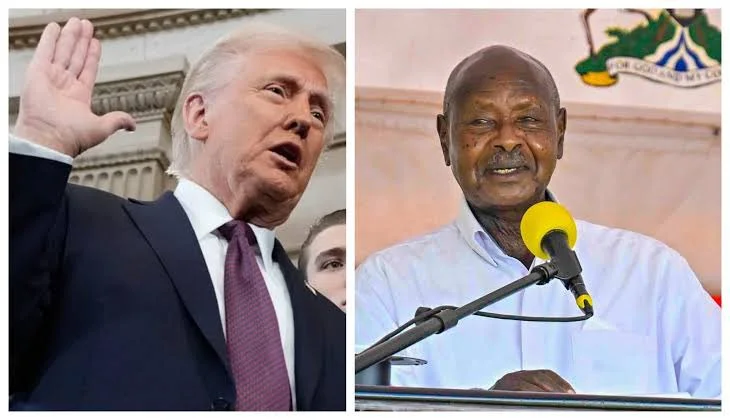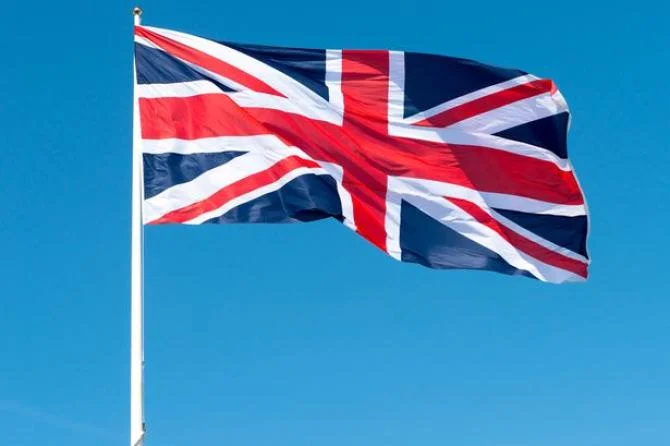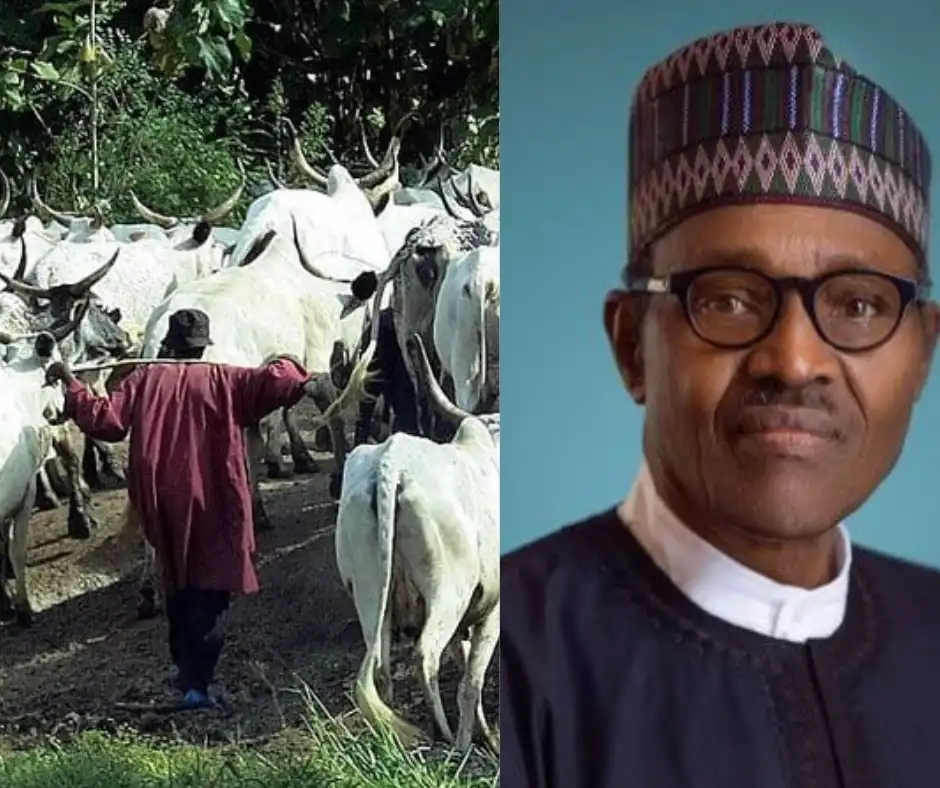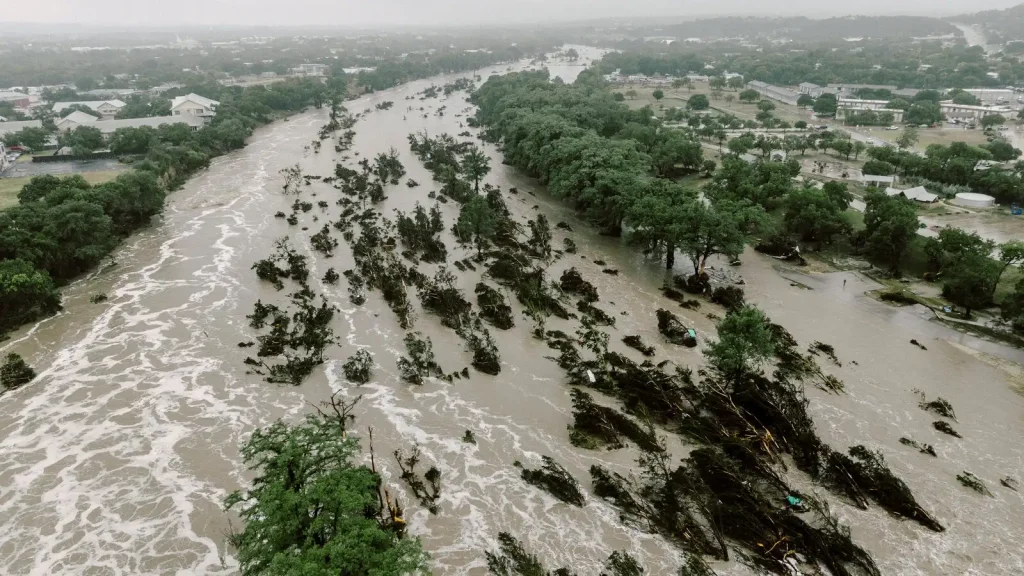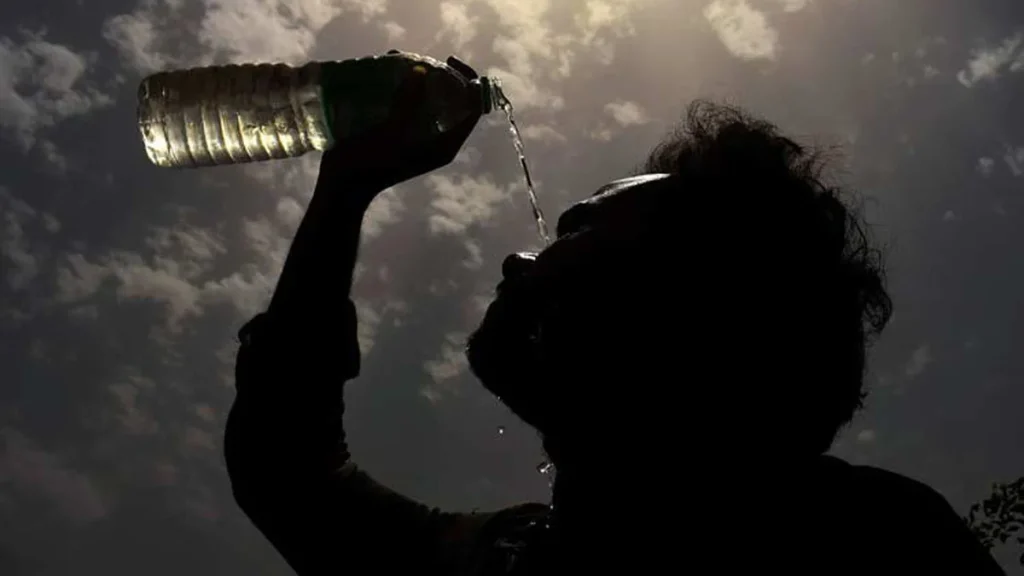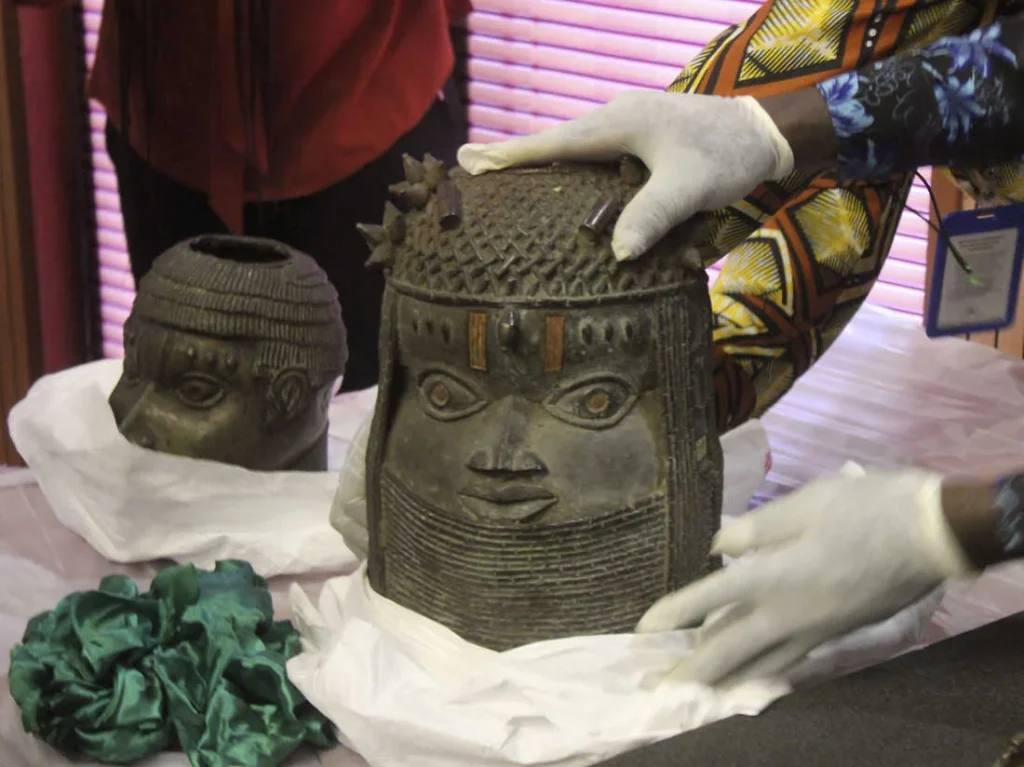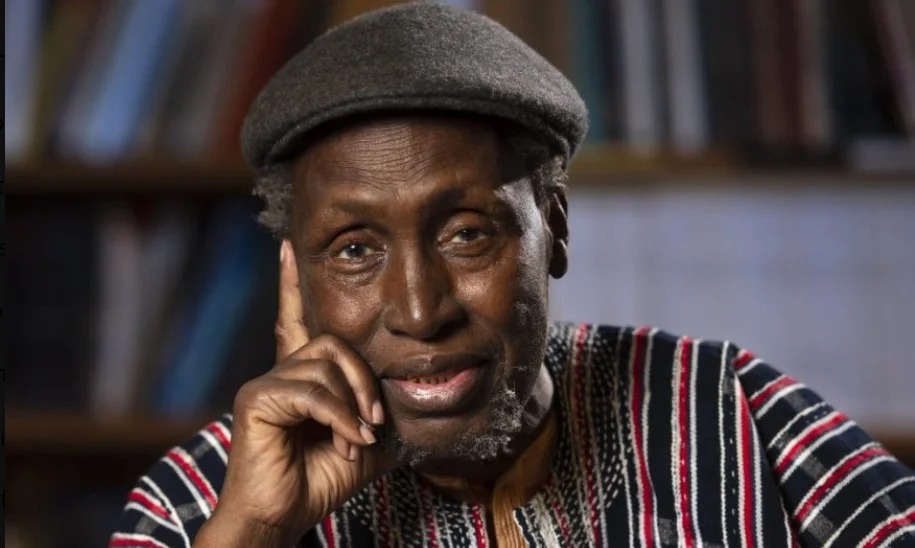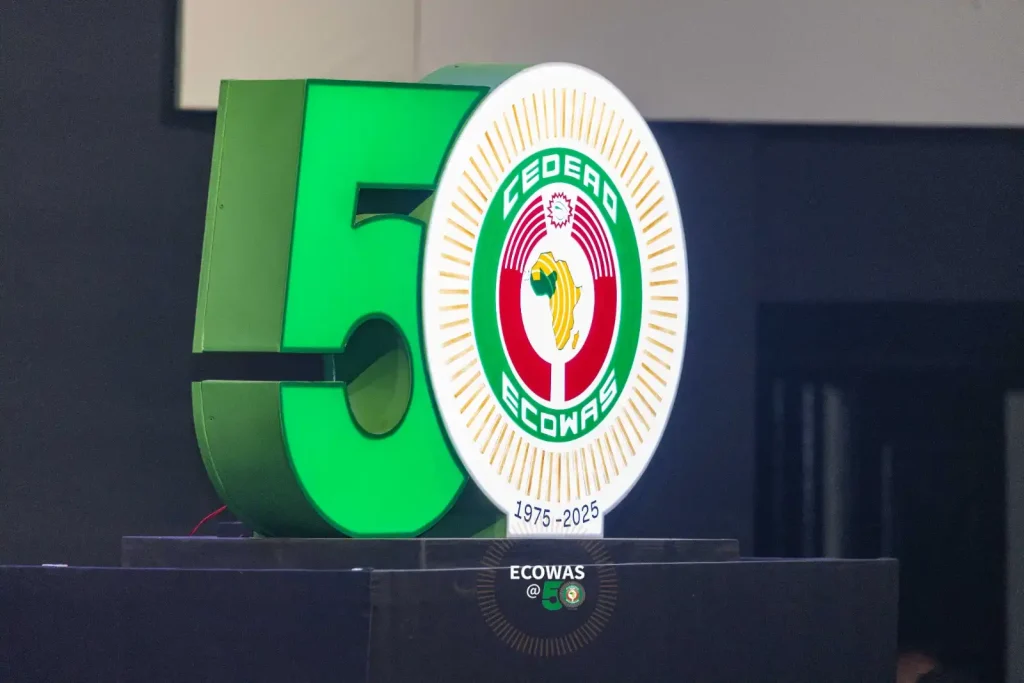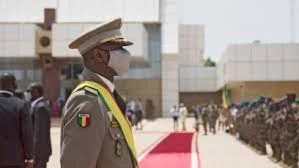 Mali’s interim government has announced that national elections, initially scheduled for February 2022, will be delayed, pushing the country’s return to civilian rule further into the future. This announcement comes after the military-led transitional government, which took power following a coup in August 2020, cited security concerns and the need for additional time to implement necessary reforms before holding a credible election.
Mali’s interim government has announced that national elections, initially scheduled for February 2022, will be delayed, pushing the country’s return to civilian rule further into the future. This announcement comes after the military-led transitional government, which took power following a coup in August 2020, cited security concerns and the need for additional time to implement necessary reforms before holding a credible election.
The head of the transitional government, Colonel Assimi Goïta, addressed the nation, explaining that the security situation in northern and central Mali, marked by ongoing militant insurgencies, presents significant risks to organizing the election. He emphasized the importance of national stability and unity, stating that elections cannot be rushed at the expense of the country’s future.
The delay has sparked reactions both domestically and internationally. Malian opposition groups have expressed concern that the postponement could undermine Mali’s democratic transition and prolong military control. The Coordination of Movements, Associations, and Sympathizers of Imam Mahmoud Dicko (CMAS), a prominent political group, has called for a more transparent transition process, urging the government to provide a clear timeline for the elections.
International bodies, including the Economic Community of West African States (ECOWAS), have also expressed dissatisfaction with the election delay. In a statement, ECOWAS called for swift and transparent progress toward a return to constitutional order, reiterating its earlier stance that Mali’s transitional authorities should adhere to the initial 18-month timeline agreed upon after the 2020 coup. ECOWAS has warned of potential sanctions if the new election timeline is not clearly defined and followed.
In response, Mali’s transitional government has appealed for understanding from both domestic and international stakeholders. Colonel Goïta’s administration has promised to engage in dialogue with all parties involved, including opposition groups, civil society, and international partners, to set a new election date that ensures the safety and participation of all citizens.
While no new election date has been officially announced, the transitional government has indicated that the delay could extend Mali’s transition period by up to five years, prompting concerns about the stability and future of democracy in the country.

